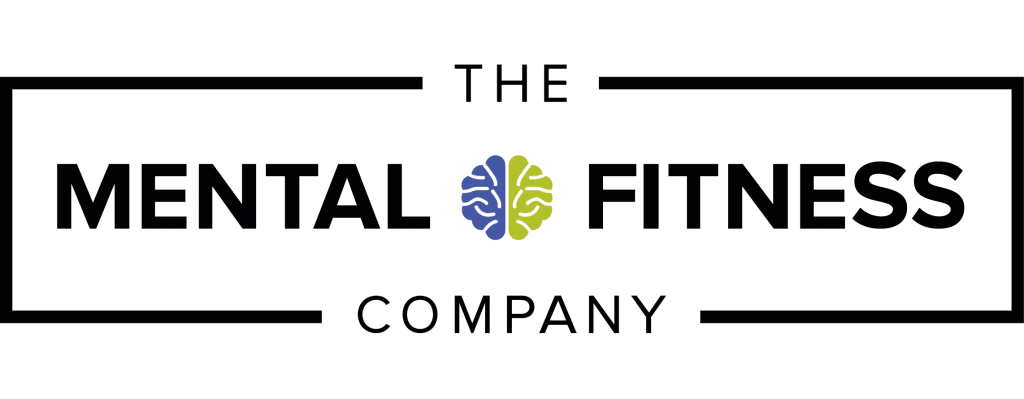Stress and pressure – how are they different?
I often get asked this question by my clients and decided it might be good to share with you. If you want to show up as your optimal self, understanding the difference between these is important – you can learn how to manage them in your daily life.
While stress and pressure are related concepts and often used interchangeably, they refer to different aspects of experience and can have distinct effects on an individual. Here are the key differences between stress and pressure:
DEFINITION:
Stress: Stress is a physiological and psychological response to a perceived threat or challenge. It is the body’s reaction to any demand or change that requires adjustment.
Pressure: Pressure is the external force or demands placed on an individual. It can come from various sources such as work, deadlines, expectations, or responsibilities.
SOURCE:
Stress: Stress can arise from internal factors (such as personal expectations, fears, or worries) or external factors (such as work demands, relationship issues, or financial problems).
Pressure: Pressure is typically external and results from expectations or demands imposed by the environment, society, or specific situations.
RESPONSE:
Stress: It is the body’s response to the perception of a threat, and it can manifest as emotional, physical, or behavioral symptoms.
Pressure: Pressure is the external force or expectation, and individuals may feel pressure to perform, meet deadlines, or fulfill expectations.

DURATION:
Stress: It can be a temporary response to a specific situation, or it can become chronic if the perceived threats persist over an extended period.
Pressure: Pressure is often associated with specific tasks, events, or responsibilities and may be time-limited.
PERCEPTION:
Stress: It is a subjective experience, and what is stressful for one person may not be stressful for another. It depends on individual perceptions and coping mechanisms.
Pressure: While pressure is external, how individuals perceive and respond to it can vary. Some individuals may thrive under pressure, while others may find it overwhelming.
CONSEQUENCES:
Stress: Chronic stress can have negative effects on physical and mental health, leading to issues such as anxiety, depression, or physical health problems.
Pressure: While pressure can motivate individuals to perform well, excessive or prolonged pressure without adequate coping mechanisms can contribute to stress and its associated negative consequences.
Remember, stress is a response, while pressure is an external force or demand. Pressure can contribute to stress, but not all pressure leads to stress, as individuals may respond to pressure in different ways based on their perceptions and coping skills.
Let’s get in touch and work together to make the change impactful, or you can visit our website to find out more!






